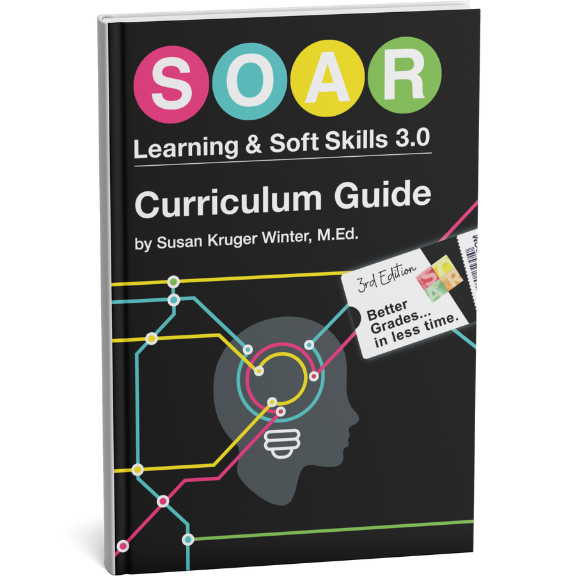How to Study for a Math Test
When I was a student and teachers would say, “Study for your math test!” I would think, “How do I study for a math test?”
I now realize that study is the wrong verb. You really need to ‘practice’ for a math test.
You not only need to KNOW material for a math test. You must know HOW TO DO something with that material. It requires a shift in preparation.
5 Top Reasons Students Lose Points on Math Tests
- They didn’t follow directions! This is a big one! Always read the directions.
- Sloppy writing. Perhaps you wrote a “9,” but later read the digit as a “4.” That will obviously lead to a mistake. Most commonly, students misalign digits; for example, a digit that should be in the tens place gets added to the hundreds column.
- They are confused by math vocabulary. If you’re not sure what the difference is between a “sum” and a “product,” you’ll have trouble.
- Not doing homework regularly. Homework is your #1 study tool for math!
- Making errors on basic math facts. It helps to be fluent with your basic addition, subtraction, multiplication, and division facts. (NOTE: People with learning disabilities often struggle with “basic” facts. In that case, take your time to calculate facts carefully.)
Simple awareness of these factors can have a positive impact on your grade! But, as you might guess, there is more you can do…
Math Test Study Plan
Step 1: Know your basic math facts! There are hundreds of math games on the internet to help you practice your facts. They are the foundation of math and will continue to hold you back if you cannot answer each of them (0-10) in a split-second. (Again, people with learning disabilities might never master basic math facts. If that’s the case, just take your time as you do math problems.)
Step 2: View homework as a “study guide.” Circle all problems that you do not know how to do and ask for help in class the next day. As you correct your homework in class, circle all problems you did wrong and take notes about how to do them correctly.
IMPORTANT TIME LIMIT: Don’t spend more than 60 minutes/night working on math homework. If you can’t finish the assignment in this amount of time, talk to your teacher. After 60 minutes, your brain will have exhausted it’s capacity for learning anything new. From there, you’ll most likely step into a tail-spin of confusion that will only escalate over time. You will be far more productive in the long-term if you stick to a time-limit.
Step 3: Know your math vocabulary. (See our video, “How to Study Vocabulary” for a painless way to learn math vocab.)
Step 4: Follow the “3-2-1” approach to study for your test:
- 3 days before your test, study the math vocabulary (as described above). Also, do several practice problems; use the problems you originally got wrong on your homework. (Time limit: 60 minutes.)
- 2 days before your test, review the vocabulary quickly. Do another 10-15 practice problems; use the problems you originally got wrong on your homework. (Time limit: 50 minutes.)
- 1 day before your test, review those lovely vocabulary words and do one problem from each night’s homework. (Time limit: 30 minutes.)
Step 5: When you first receive the test, write down any formulas or definitions you had to memorize. This will immediately free up some brain power for the rest of your test.
Step 6: Read the directions! Twice.
Step 7: Write neatly. Keep your numbers in the correct place-value!
Step 8: When you are stuck, do as much as you can (you may get partial credit). Then, skip the problem and move on. Come back to it if you have time.
Step 9: After your test is graded, make sure you understand how to correct any mistakes you made. If you do not understand the material now, you will continue to have problems in following chapters.
Math can be challenging because everything you learn builds on knowledge you should have learned before. If you miss something, it will catch up with you. However, if you:
- Learn your math facts,
- Treat your homework like it is “test practice” (and learn from your mistakes)
- learn math vocabulary (see simple video here)
-and- - Read the directions on the test…
…it will not be long before your math test scores will SOAR!
Get more easy-to-implement study and test-taking tips: For educators, click here. For parents, click here.
Good luck!

Six Steps
Conquer the Chaos
Get Our Free Guide & Information on...
 How to Organize & Motivate Students for Success
How to Organize & Motivate Students for Success
"*" indicates required fields
Get Our FREE Curriculum Guide!
The SOAR® Curriculum
The most critical learning, organizing, and communication skills needed for school. Learn more here.
Who’s Using SOAR®?
SOAR® Guarantee
Click here to learn more.




